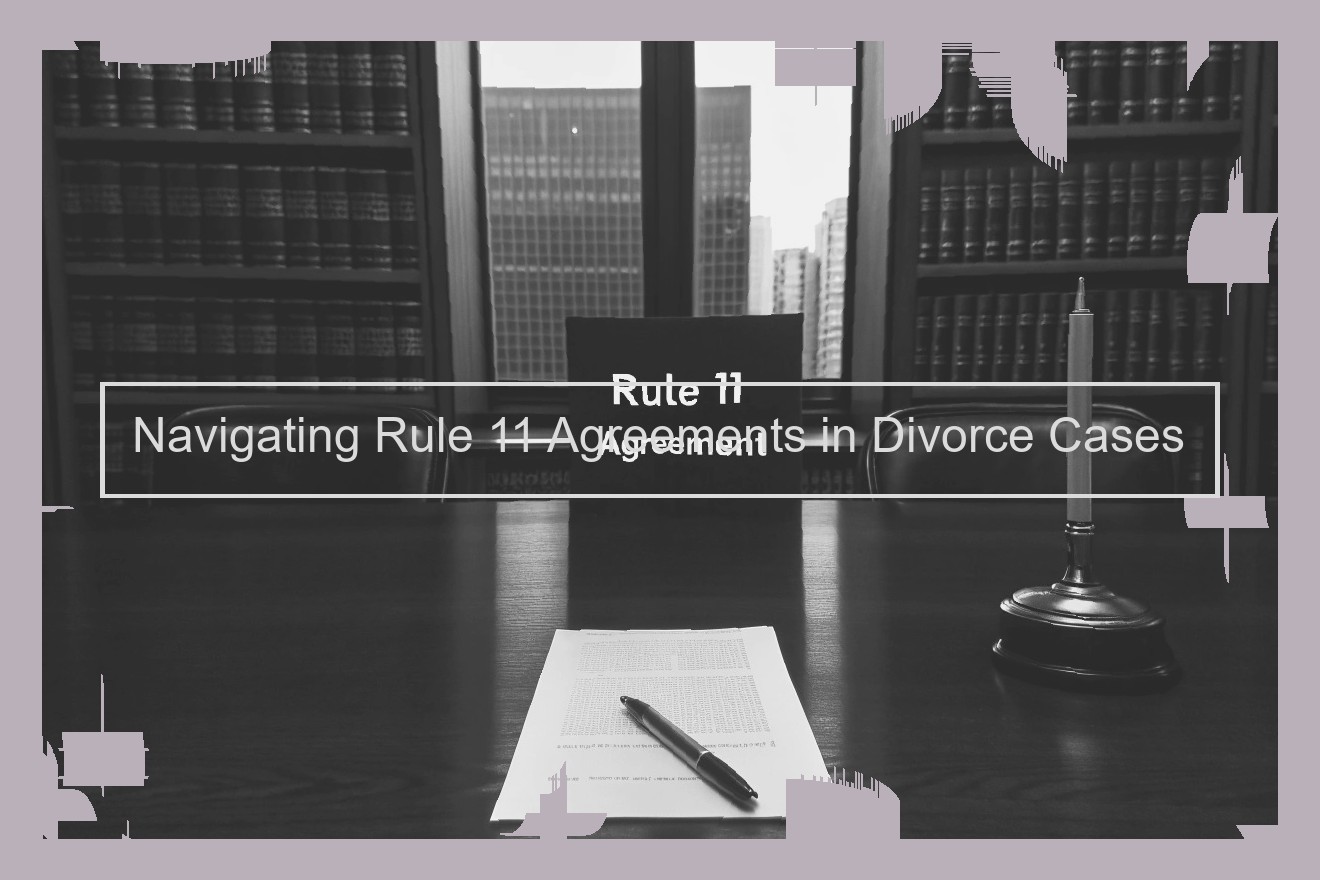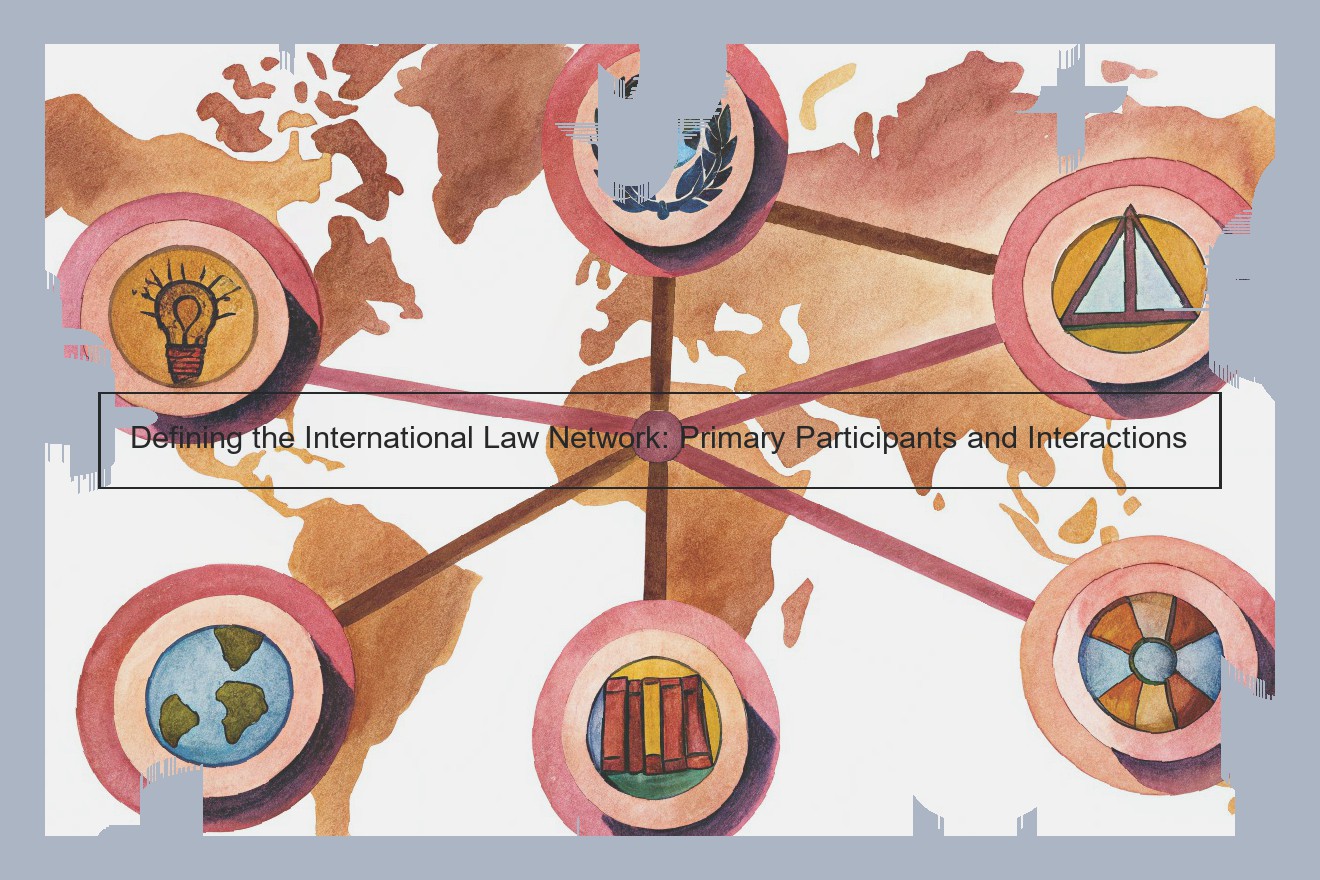Legal Hold Notice Defined A legal hold notice (also a litigation hold notice, hold notice, or litigation hold) is a communication that a party to a legal proceeding sends to a custodian of documents or electronically stored information (ESI) to notify the custodian to preserve their records. The custodian may be an employee of the party or a third party.…
Indiana Repossession Laws: Everything You Should Know
Summary of Indiana Repossession Laws To begin with, repossession laws in Indiana refer to the rules that a creditor must follow if they want to repossess your collateral. Repossession usually happens when you can no longer make payments on your loan or lease. In Indiana, repossession laws are set forth in Indiana Code § 26-2.5-1 et. seq. As you will…
Understanding the Serta Protection Credit Agreement
Serta Protection Credit Agreement Overview Serta Protection Credit Agreement is actually a policy provided by the company underwritten by Hartford Fire Insurance Company. It enables you to acquire a guarantee on your bed or other Serta products while buying it on credit or through financing. The coverage this plan provides extends to the unit bought on credit, and only that…
The Lowdown on California Body Armor Laws: The Ultimate Guide
Intro to California Body Armor Laws Body armor is not something that just law enforcement and military personnel wear anymore. Now, with gun violence still prevalent across the country, civilians also wear body armor – which adds a layer of protection from gunfire. You may have heard of "bulletproof" vests.The California legislature decided that having products designed to protect a…
The Legal Meaning and Consequences of Waiving Extradition
What is Waiving Extradition? Waiving extradition, in legal terms, refers to the process by which a state or jurisdiction relinquishes its right to extradite an individual to face criminal charges in a requesting state. Extradition is a formal process by which the legal jurisdiction in which an alleged crime has been committed requests the transfer of a fugitive or individual…
Illustrative Family Settlement Agreement Examples: A Manual
Family Settlement Agreements Explained A family settlement agreement is a contract amongst family members or heirs to settle and resolve any disputes before they must be decided by a court of law or after a court has issued a judgment. Family Settlement Agreements are commonly used in the context of disputes over a decedent’s estate. We see them embraced when…
Navigating Rule 11 Agreements in Divorce Cases
What is a Rule 11 Agreement? A Rule 11 Agreement is a rule contained in the Texas Rules of Civil Procedure that is in place to ensure final orders and stipulations made by the parties in divorce litigation are not denied or altered by the presiding judge after the litigants have agreed to the terms of a divorce. A basic…
California Stop and ID Law: Rights and Procedures
About California Stop and ID Law On May 19, 2014, the California Supreme Court issued its long-awaited opinion in In re Carlos H. which resolved the long-standing uncertainty surrounding the status of California’s stop and identification law. California’s stop and identification law is codified at California Penal Code section 634 and requires an individual to identify himself or herself to…
Explaining the Delaware Certificate of Limited Partnership
Certificate of Limited Partnership Defined The Certificate of Limited Partnership is the document that officially creates a limited partnership as a business entity in Delaware. Though it is a simple document, it is nonetheless critical to the ongoing operations of the partnership it governs. The Certificate governs the internal affairs of the limited partnership, including management responsibilities, distributions, and the…
Defining the International Law Network: Primary Participants and Interactions
The International Law Network Explained The International Law Network is a complex web of interconnected entities that include states, intergovernmental organizations like the United Nations and the African Union, as well as multinational and non-governmental actors. It encompasses a wide range of legal relationships and international treaties governing interactions between countries, international organizations, and individual citizens. The network not only…




